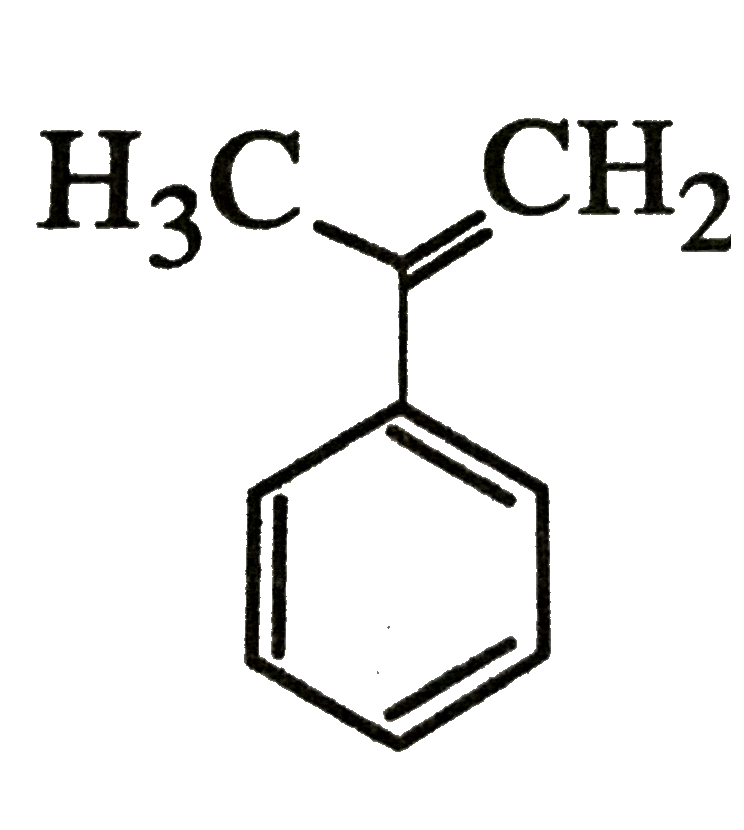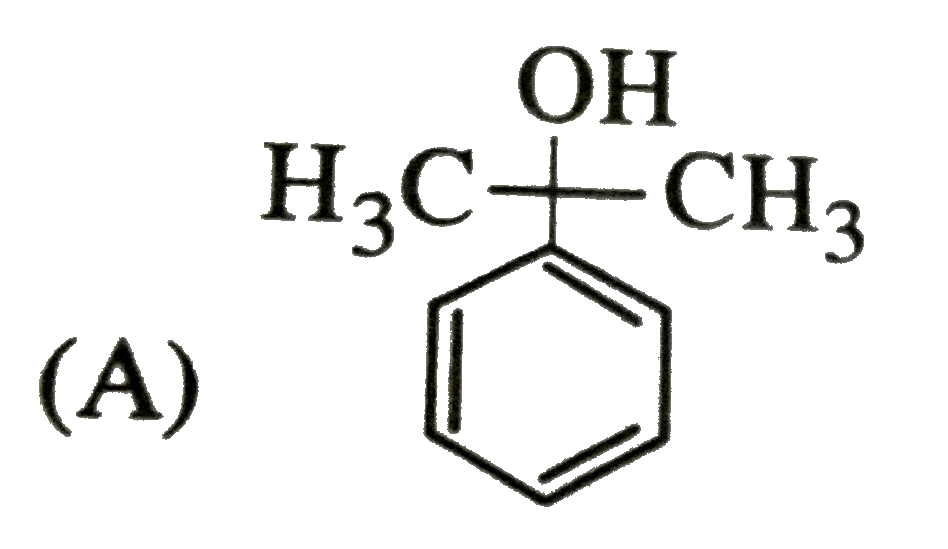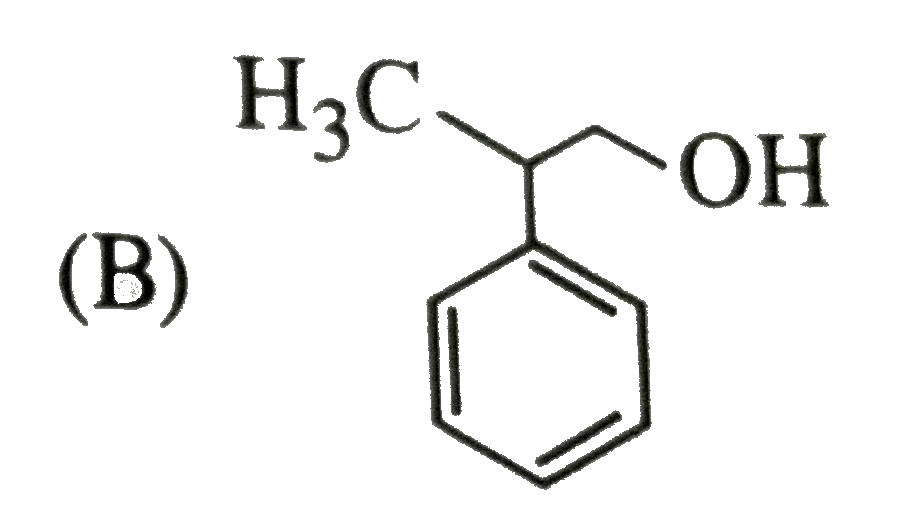In acid catalysed hydration of alkenes, reaction intermediate formed is
Free radical
Carbocation
Carbanion
Carbene
The correct Answer is:B
To determine the reaction intermediate formed in the acid-catalyzed hydration of alkenes, we can follow these steps:
Step 1: Understand the Reaction Mechanism
In acid-catalyzed hydration, an alkene reacts with water in the presence of an acid catalyst. The general mechanism involves the protonation of the alkene to form a carbocation.
Hint: Remember that the first step in many electrophilic addition reactions involves the formation of a carbocation.
Step 2: Protonation of the Alkene
The alkene (RCH=CH2) reacts with a proton (H+) from the acid, leading to the formation of a carbocation. This occurs because the double bond of the alkene acts as a nucleophile and attacks the proton.
Hint: Identify the site of protonation on the alkene; it will typically occur at the less substituted carbon to form the most stable carbocation.
Step 3: Formation of the Carbocation
Once the alkene is protonated, a carbocation intermediate is formed. The stability of this carbocation can vary depending on the structure of the alkene (primary, secondary, or tertiary).
Hint: Consider the stability of carbocations; tertiary carbocations are more stable than secondary, which are more stable than primary.
Step 4: Nucleophilic Attack by Water
After the carbocation is formed, water (acting as a nucleophile) attacks the positively charged carbon atom of the carbocation, leading to the formation of an oxonium ion (a protonated alcohol).
Hint: Remember that water is a weak nucleophile but can effectively attack the carbocation due to its positive charge.
Step 5: Deprotonation
Finally, the oxonium ion loses a proton (H+) to yield the final alcohol product. This step regenerates the acid catalyst.
Hint: Look for the loss of a proton to convert the oxonium ion into a neutral alcohol.
Conclusion
The reaction intermediate formed in the acid-catalyzed hydration of alkenes is a carbocation.
In acid-catalyzed hydration, an alkene reacts with water in the presence of an acid catalyst. The general mechanism involves the protonation of the alkene to form a carbocation.
The alkene (RCH=CH2) reacts with a proton (H+) from the acid, leading to the formation of a carbocation. This occurs because the double bond of the alkene acts as a nucleophile and attacks the proton.
Once the alkene is protonated, a carbocation intermediate is formed. The stability of this carbocation can vary depending on the structure of the alkene (primary, secondary, or tertiary).
After the carbocation is formed, water (acting as a nucleophile) attacks the positively charged carbon atom of the carbocation, leading to the formation of an oxonium ion (a protonated alcohol).
Finally, the oxonium ion loses a proton (H+) to yield the final alcohol product. This step regenerates the acid catalyst.
The reaction intermediate formed in the acid-catalyzed hydration of alkenes is a carbocation.
Topper's Solved these Questions
Similar Questions
Knowledge Check
In the acid -catalysed hydration of an alkene , the intermediate formed is
Aa carbeneBan alkyl cationCan alkyl radicalDan alkanide ion on acid catalysed hydration givesA
on acid catalysed hydration givesA B
B C
C DNone of these
DNone of theseIn Williamson reaction intermediate formed is
AcarbocationBfree radicalCcarbanionDT.S
In the acid catalyzed dehydration of alcohols to alkenes, the intermediate species formed is
View SolutionHydration of alkene produces
View SolutionAcid catalysed hydration of alkenes except ethene leads to the formation of
View SolutionAcid catalysed hydration of alkenes, except ethene, leads to the formation of
View SolutionAcid catalysed hydration of alkenes except ethene leads to the formatio of :
View Solution
